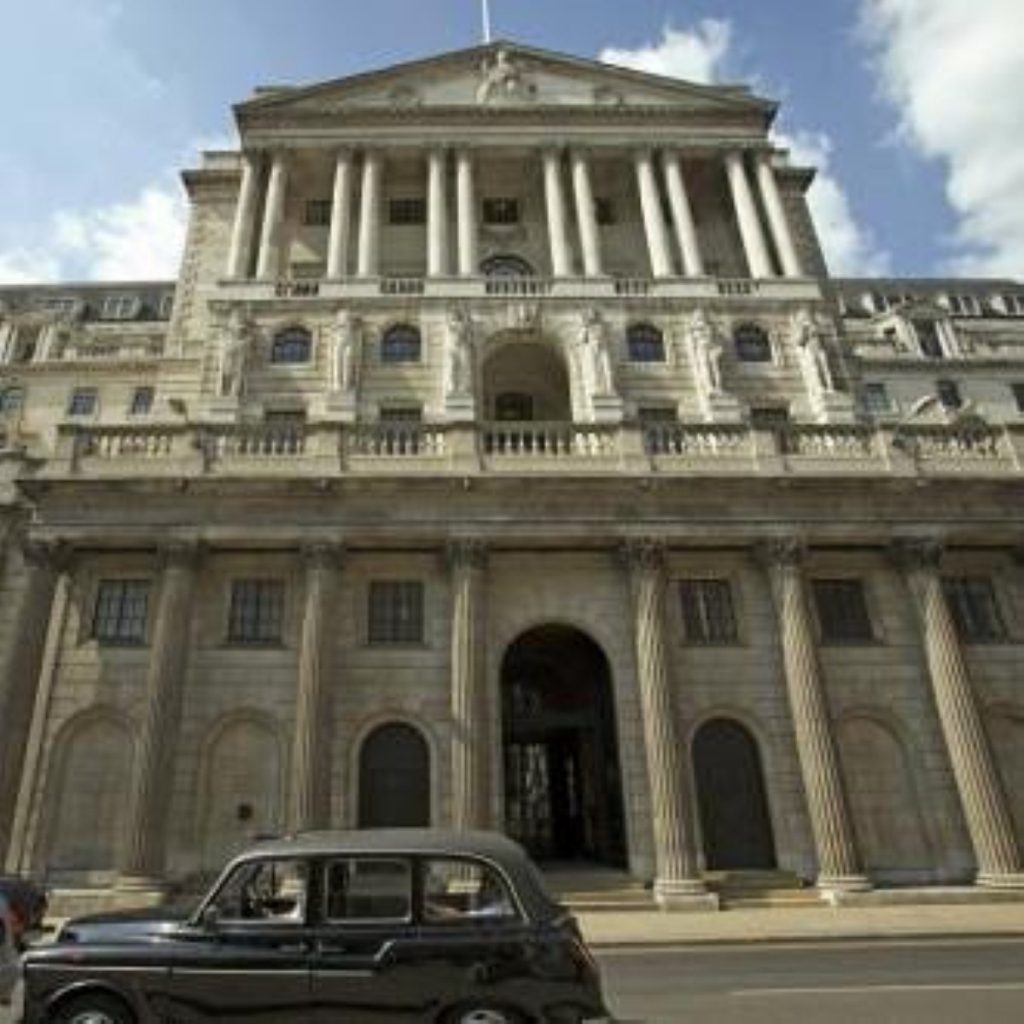Bank governor downbeat on deficit
By Alex Stevenson
Britain’s spending deficit cannot be sustained into the parliament after next, Bank of England governor Mervyn King has warned the Treasury.
Giving evidence to the Commons’ Treasury select committee in Westminster, Mr King said he did not think “we can afford to wait” until the parliament after next before demonstrating the fiscal situation is under control.
“All that’s needed is a credible statement of the path that will guide the deficit,” he told MPs, calling on chancellor Alistair Darling to express “slightly greater ambition for a timetable for bringing down deficits” in this autumn’s Pre-Budget Report.


“We came into this crisis with fiscal policy which was not sustainable and reflects the fact a correction was needed,” he added.
“It’s likely to be necessary to spell out a path for the reduction of fiscal deficit [that is] likely to be faster than that applied by [the Budget’s] projection.”
“I don’t think we can afford to wait until the parliament after next.”
Mr King said debates about reducing the deficit were characterised by a lack of understanding on a key issue.
He said the speed at which the fiscal structure would be withdrawn “has to depend on the state of the economy”.
“That’s not easy to get across, but it’s an important part of the debate,” he added.
“There’s just as good a chance the picture will turn out to be better than that painted [in the Budget] than that it will be worse.”
He later added: “What matters is a plan that looks as if its going to return us to a sustainable position during the lifetime of the next parliament, dependent on the state of the economy.”
Earlier in the session members of the monetary policy committee, which sets interest rates, had given tentative views on the nature of the recovery from the current recession.
Kate Barker said “to some extent the jury’s still out” on how long it would take, while Paul Fisher said it would only recover “in fits and starts”.
Downing Street suggested Britain was doing more than other countries to set out their long-term public borrowing intentions.
“I can’t think of any other country in the world that has set out specific formal future plans about how the [overall level of debt] is going to be reduced,” the prime minister’s spokesman said.
The panel were giving evidence on the Bank’s May inflation report, which predicted the British economy would contract sharply during the rest of 2009.

